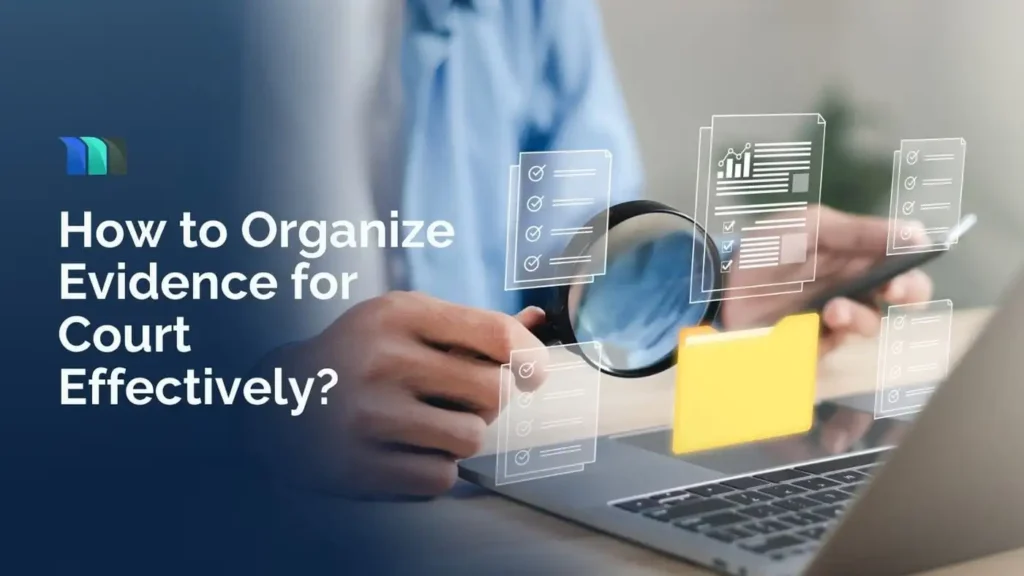In today’s world, industries rely heavily on data to inform decisions and drive innovation. But with the increase of business information in layers, comes the challenge of protecting personal and sensitive information, too. Amidst a world where cyber threats are becoming very advanced and prevalent, it is now imperative to uphold robust compliance to security frameworks, as well as sufficient cybersecurity measures, to secure data.
Data compliance means meeting legal requirements set forth by the national governments, which are geared at safeguarding data and other digital forms of assets. Failure can result in significant penalties, including fines, legal action, and loss of public trust.
It is important to note that there exist regulations developing specific sectors such as HIPAA in healthcare, PCI DSS security in payment cards, Protection of personal data in EU GDPR, and Protection of consumer privacy in California’s CCPA. Further, it will encompass several data compliance standards, besides being at the same time debating certain challenges.
What is Data Compliance?
Data compliance standards define lists of rules, policy recommendations, and best practices that organizations should adhere to in the course of data management. It is critical to adhere to these standards to protect data privacy, minimize information leaks, and maintain trust between an entity and its customers. Such standards are common in many organizations because of the availability of various industries, regions, and data types. Such compliance requirements are, in most cases, difficult to meet and require a combination of multiple technical and organizational.
Why is Data Compliance Important?
Failure to adhere to the security framework regarding data protection can lead to high fines and even court cases. Organizations are supposed to obey the relevant standards to avoid all these challenges to attract clients and be able to enter new markets. There is a good level of customer data compliance that prevents unauthorized access or alteration to sensitive information. This prevents information breaches that are very costly.

When organizations emphasize compliance with standards regarding information security, they demonstrate that they value security, and, by extension, their clients. An outcome is that such organizations can market themselves to consumers who demand a level of security compliance. A well-defined set of data compliance policies serves as a tool to provide better information management and proactive problem solving and assists in reducing the impact of breaches.
Data-Driven Privacy: Key Regulations and Compliance Standards
Data compliance standards are external mandates with regard to safeguarding data for regulating bodies. Various types of data demand different levels of protection under various regulations. Now let us see four of the most important information compliance standards.
California Consumer Privacy Act
Consumer bills of rights measures like the California Consumer Privacy Act (CCPA) directly compare with the General Data Protection Regulation (GDPR). It is aimed at California residents and any entities that conduct business within the state and outlines personal information such as names, addresses, phone numbers, email addresses, and similar information, which is referred to as commonplace information. CCPA makes it mandatory for businesses to provide opt-out options for consumers to avoid further participation or even the sale of their information to any third parties.

General Data Protection Regulation (GDPR)
Europe introduced a data protection law, which is the GDPR, in 2018 for businesses handling personal and private personal information. This law will require companies to implement better, more enhanced protection of personal data belonging to individuals from inside the borders of the European Union. Though it concerns companies in Europe, it might affect a law firm in the United States. It is good to learn about GDPR and stay compliant.

Health Insurance Portability and Accountability Act of 1996
HIPAA is the federal law that requires all healthcare providers and business associates to protect personal health information (PHI) against unauthorized disclosure. Law firms are also business associates, as they can have access to medical records for cases; thus, it becomes necessary to comply with HIPAA when the PHI is being handled for clients.
Stop Hacks and Improve Electronic Data Security Act
California-based New York has SHIELD to protect personal data. The act mandates the implementation of reasonable security safeguards for any organization holding the personal data of residents in New York. The act complements an existing data breach notification requirement and is considered among the most stringent in the country.
Just like California, New York introduced SHIELD for the protection of personal data. This act requires reasonable security safeguards for any business that has personal data about New York residents. This is besides the existing data breach notification requirement in the state, which is one of the strictest in the country.
Sarbanes-Oxley Act (SOX)
SoX, or Sarbanes-Oxley, puts requirements for publicly traded companies in financial data management. It requires that the financial records be securely retained and reported, with penalties imposed for any tampering or negligence in compliance.
How to Ensure Data Compliance Within Your Organization
Here are five useful practicalities you can quickly put into place to comply with the requirements of data:
Use new technologies
Modern technology is required for establishing information security compliance in your entire business organization. This allows monitoring of the data, discovering risks, and ensuring the rules are followed. Leveraging technology can help provide insight into security and compliance gaps that would otherwise go unnoticed.

Keep track of your data practices
This is how well an organization complies with regulations: by following them and providing proof. Ensure you can prove how you’ve kept the information safe. Document all data practices. When new regulations come, revise your policy and educate the team again. The right proof and readiness keep your compliance strong.
Train your Team
For your staff to be aware of everything related to all the data regulations, they require training for it. Retrain your team about the legal and regulatory information compliance rules you may have in place. Make your training focus on data breaches and cyber risks as well as how to prevent and report on these issues. Most often, hackers can access information by tricking it through people. Make sure your team knows protection against that.
Check vendors who can reach your data
Now, you must guarantee that vendors accessing your company data have to adhere to your organization’s laws and regulations in order to assess the security and the protective measures of each vendor, especially considering those access privileges to data made available.
Conclusion
Here’s the moment where the legal team has to be on high alert because maintaining the protection of sensitive information is the only way to ensure legal risks are covered. If legal professionals comprehend frameworks like HIPAA, PCI DSS, GDPR, and CCPA, they will help their organizations avoid the legal and financial consequences of litigation. Focusing on data protection not only lessens the risks of non-compliance but also improves the organization’s image and client/stakeholder trust. Data compliance is an issue that goes beyond regulatory compliance and seeks to ensure that the business is sound in the long run.



